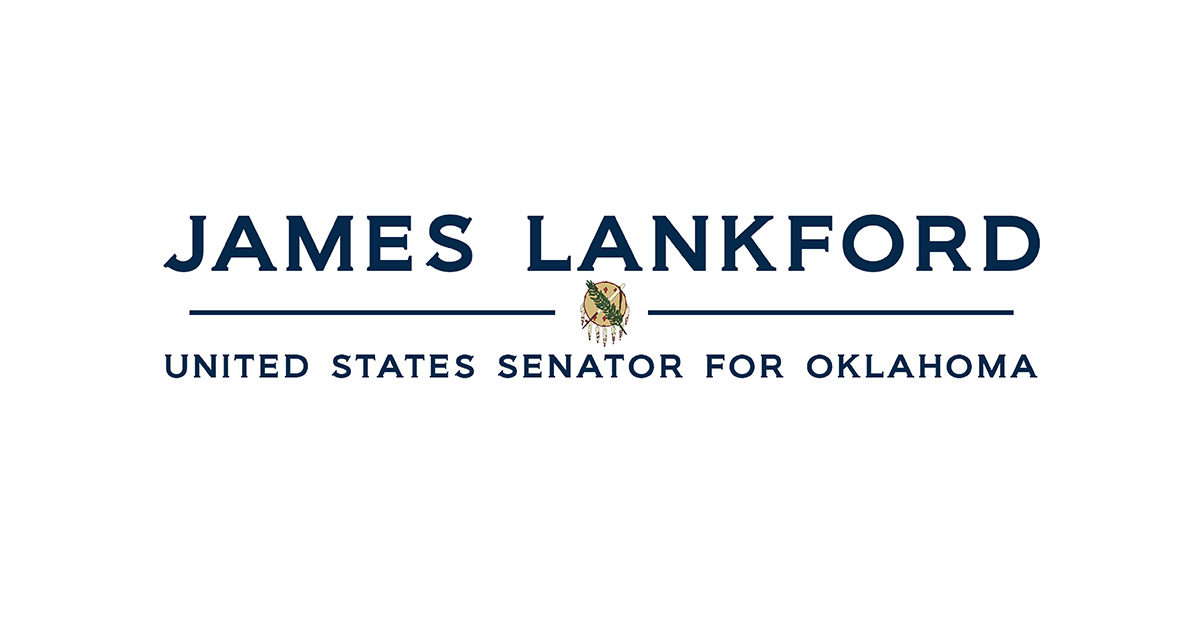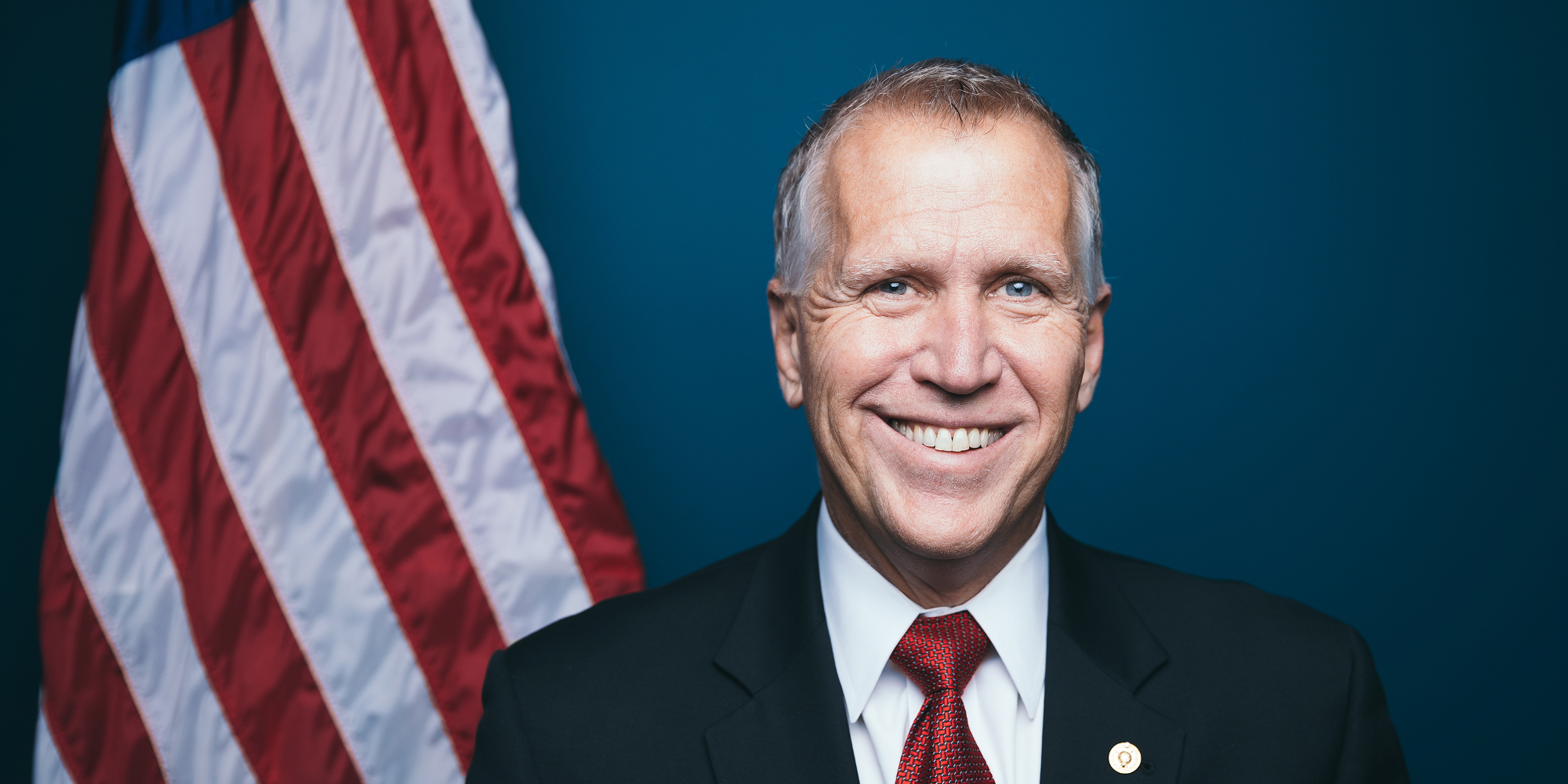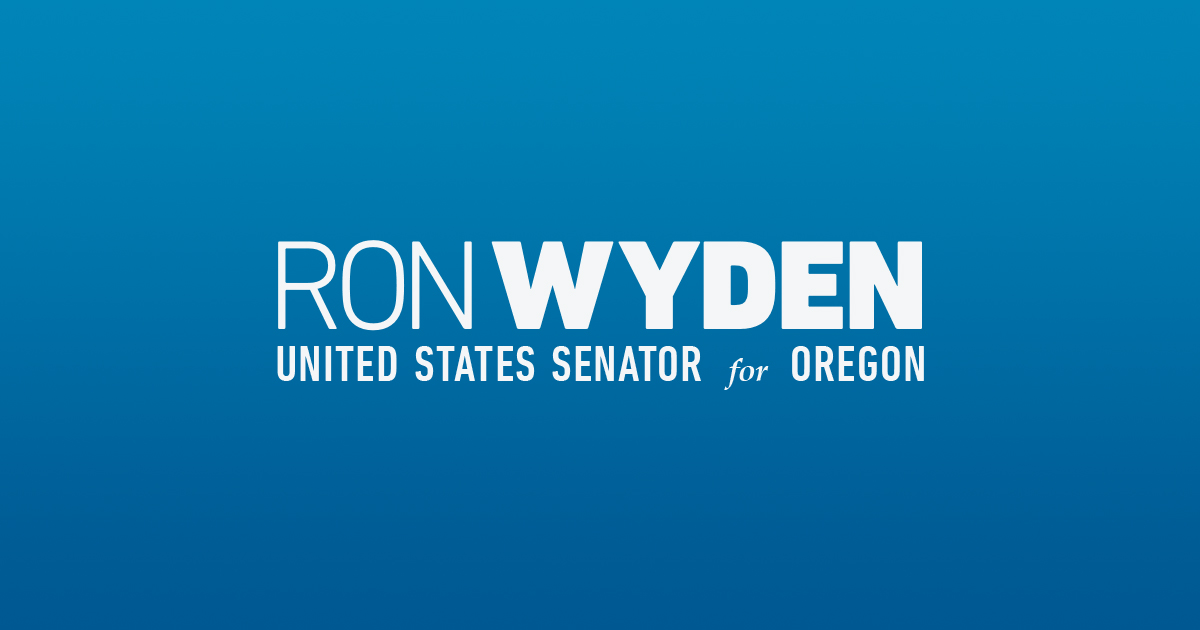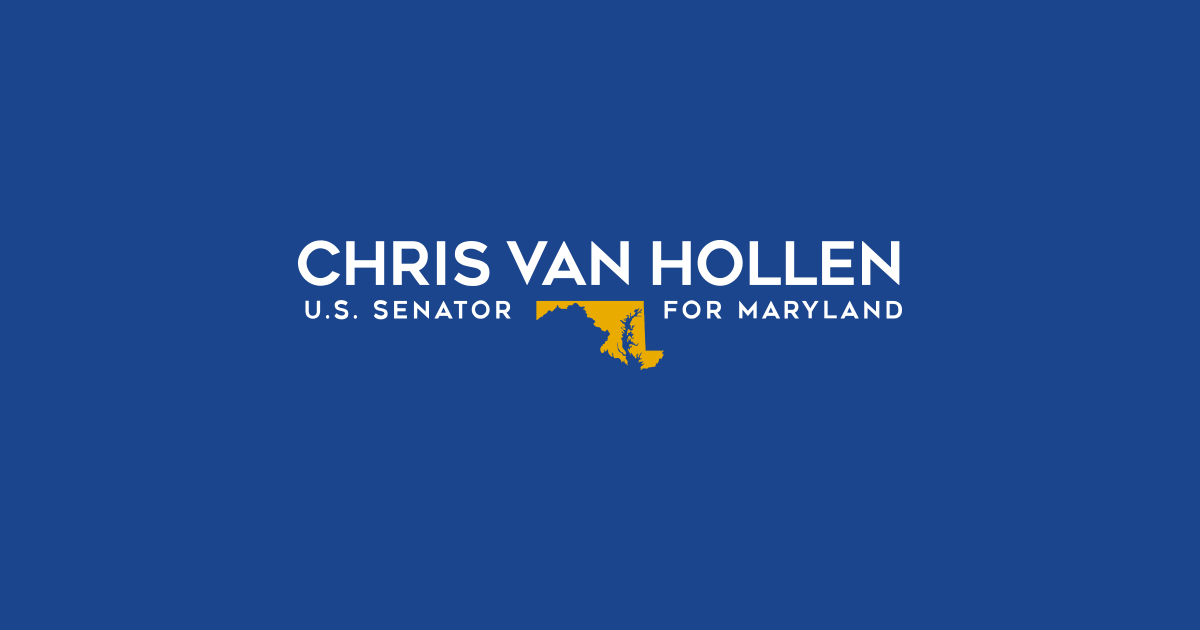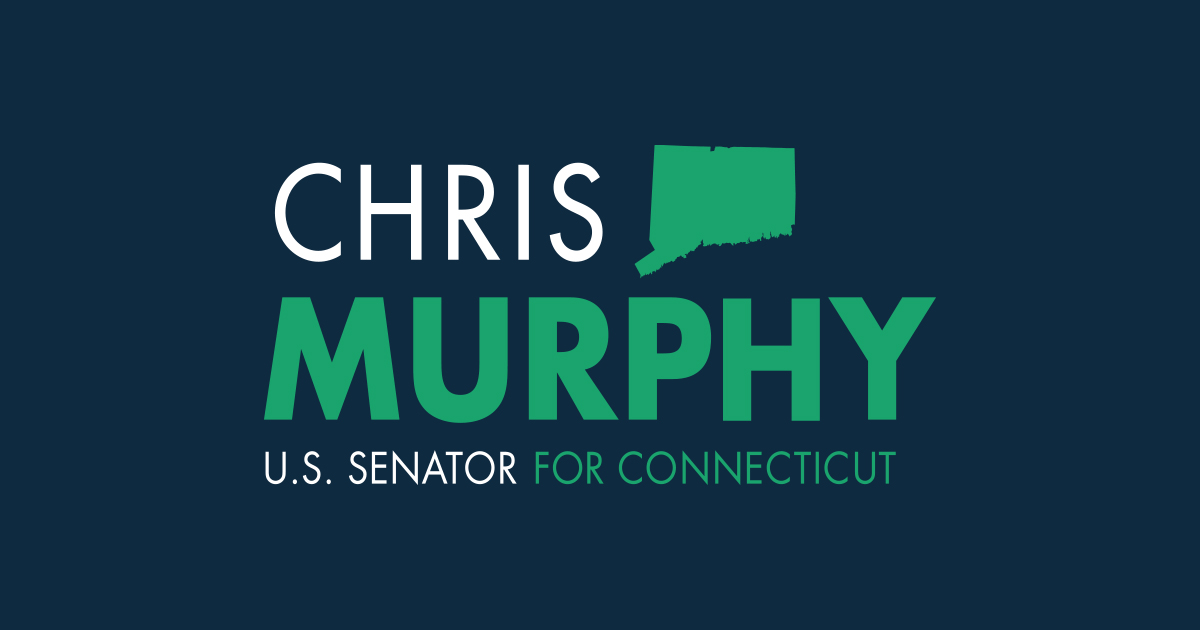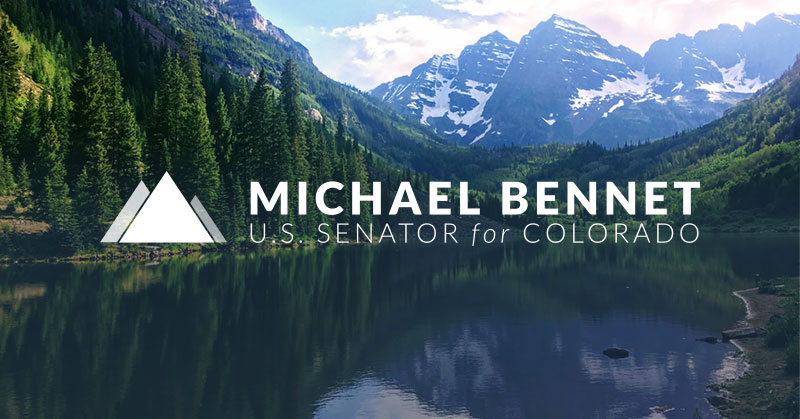Source: United States Senator for Vermont Patrick Leahy
10.20.22
(THURSDAY, Oct. 20, 2022) — Congresswoman Sara Jacobs (CA-53) and Senator Chris Van Hollen (D-MD), along with 13 of their colleagues, urged the leadership of the House and Senate Armed Services Committees to include their amendment requiring human rights vetting of security cooperation programs in the final FY 2023 NDAA conference agreement. In a letter to Chairman Reed, Chairman Smith, Ranking Member Inhofe, and Ranking Member Rogers, the Members advocated for the House-passed provisions of their Upholding Human Rights Abroad Act that close critical loopholes in Leahy Laws and guarantee human rights vetting of U.S. security assistance, including Section 127e and 1202 programs, in order to prevent U.S. taxpayer funds from aiding human rights abusers.
“This provision would strengthen the U.S. commitment to human rights by increasing vetting measures to ensure that recipients of U.S. support have not committed human rights violations or violations of international humanitarian law,” wrote the Members. “Consistent with the Department of Defense Leahy Law, this provision allows for the use of a national security waiver. We are confident that the provision provides adequate flexibility to continue to address U.S. national security priorities and that, given information obtained by the State Department, there are adequate resources available to undertake this additional vetting. To the extent that additional resources are required, we are committed to ensuring that the Department has what it needs to carry out this important function. This provision would help prevent civilian harm, ensure partner compliance with human rights, and improve intended long-term outcomes toward good governance, rule of law, peace, and human rights promotion.”
The letter led by Rep. Sara Jacobs and Senator Van Hollen was signed by Sens. Dick Durbin (D-Ill.), Patrick Leahy (D-Vt.), and Richard Blumenthal (D-Conn.), and Reps. Jason Crow (CO-06), Chrissy Houlahan (PA-06), Tom Malinowski (NJ-07), Joaquin Castro (TX-20), Albio Sires (NJ-08), Dina Titus (NV-01), Ted Lieu (CA-33), Colin Allred (TX-32), Gerry Connolly (VA-11), and Dean Phillips (MN-03).
Full text of the letter can be found here and below.
Dear Chairman Reed, Chairman Smith, Ranking Member Inhofe, and Ranking Member Rogers:
As the House and Senate conferees negotiate the final FY 2023 National Defense Authorization Act (NDAA), we strongly urge you to retain the House-passed provisions of our Upholding Human Rights Abroad Act that require human rights vetting for Department of Defense security cooperation programs under 10 U.S. Code § 127e and §1202 of the National Defense Authorization Act for Fiscal year 2018 in the final conference agreement.
While the Leahy Laws prohibit the provision of security assistance to units or individuals that have been found to have committed gross violations of human rights, not all forms of U.S. assistance are subject to this critical human rights vetting requirement. For example, recipients receiving security cooperation support under § 127e and §1202 are not required to undergo human rights vetting. This provision would apply human rights vetting to these authorities, ensuring that U.S. assistance to foreign forces is carried out in a manner consistent with our values.
§ 127e permits the Secretary of Defense to expend up to $100 million to provide support to “foreign forces, irregular forces, groups, or individuals” who facilitate or support authorized U.S. special operations forces to combat terrorism. According to open-source reporting, this authority has been used to conduct operations in Somalia, Libya, Kenya, Tunisia, Cameroon, Mali, Mauritania, and Niger – all of which have had serious concerns raised in the State Department’s Country Reports on Human Rights Practices for years.
§1202 permits the Secretary of Defense to expend up to $10 million per year to provide support for partners who facilitate or support authorized irregular warfare operations by U.S. special operations forces. While there is very little opensource reporting on where this program is used, Secretary Esper has said it is focused on “non-terrorist threats, including malign state actors.”
This provision would strengthen the U.S. commitment to human rights by increasing vetting measures to ensure that recipients of U.S. support have not committed human rights violations or violations of international humanitarian law. Consistent with the Department of Defense Leahy Law, this provision allows for the use of a national security waiver. We are confident that the provision provides adequate flexibility to continue to address U.S. national security priorities and that, given information obtained by the State Department, there are adequate resources available to undertake this additional vetting. To the extent that additional resources are required, we are committed to ensuring that the Department has what it needs to carry out this important function.
This provision would help prevent civilian harm, ensure partner compliance with human rights, and improve intended long-term outcomes toward good governance, rule of law, peace, and human rights promotion.
Thank you for your leadership and commitment to matters of human rights, and we urge you to include this important provision in the final FY 2023 NDAA conference agreement.
###
